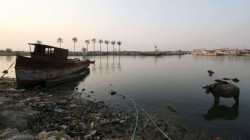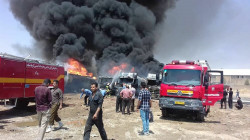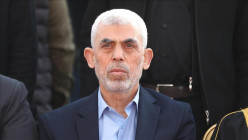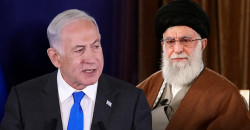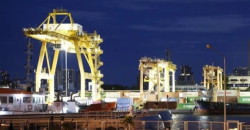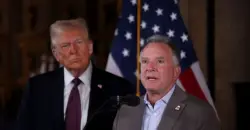Iran expresses readiness to address water disputes with Iraq
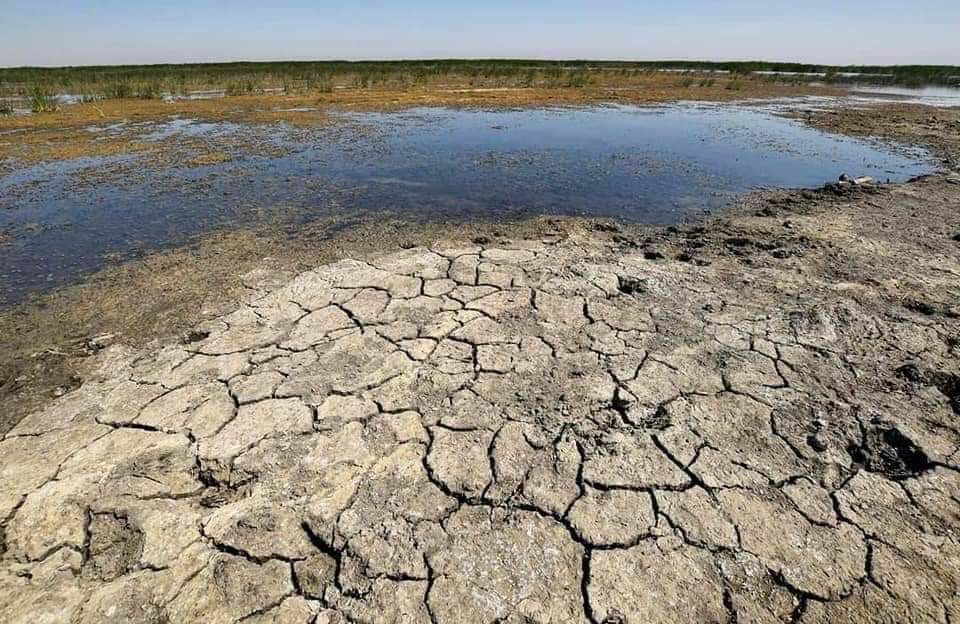
Shafaq News/ The representative of the Iranian Foreign Ministry in Iraq, Ali Saleh Bur, on Sunday said that Iran is ready to reach solutions with Iraq regarding the water crisis.
During a panel discussion at the International Water Crisis Forum in Baghdad, Bur said he came to help solve the water crisis between the two countries and to better understand the challenges. The Iranian diplomat emphasized that his country seeks to work to solve water problems from a non-political perspective and preserve the regional interests of both Iraq and Iran.
Bur also pointed out that the impact of climate change on water and air is extremely dangerous and that officials in both countries should be aware of this.
Meanwhile, Iraqi Minister of Agriculture Abbas Al-Aliawi stressed the need to find appropriate solutions to the water crisis in Iraq with regional countries, stating that international conferences like this provide a broad platform for studies to identify water problems and implement appropriate treatments.
For his part, agricultural and water resources expert, Tahsin Al-Musawi, stated that the water situation for the Tigris and Euphrates rivers is disastrous, as after four years of drought, the two rivers have exhausted their strategic reserves. He also noted that 90% of agricultural land is at risk of desertification, in addition to the internationally protected Iraqi marshes.
Al-Musawi pointed out that Iraq has not used its leverage with Iran and Turkey to improve its water situation. He added that security coordination with Turkey and trade exchanges with Iran have not been effectively employed. Al-Musawi also stated that the biggest water damage to Iraq comes from Turkey, as it is the main source of Iraq's rivers.
Iran and Iraq are facing a water crisis, with both countries struggling to maintain access to clean water sources. The two nations share several rivers, including the Tigris and Euphrates, which are critical sources of water for both countries. However, upstream countries like Turkey have built dams and irrigation projects, reducing the flow of water downstream and causing significant harm to the ecosystems and economies of Iraq and Iran.
The dispute between the two countries over water resources has been ongoing for several years. Iraq accuses Iran of damming and diverting water from the rivers, while Iran claims that Iraq is mismanaging the water and causing environmental damage. The issue has become more urgent in recent years, as climate change has reduced the amount of water available, exacerbating tensions between the two countries.
The impact of the water crisis on Iraq has been severe, with some estimates suggesting that up to 90% of the country's agricultural land is at risk of desertification. The situation is also threatening the country's fragile ecosystem, including the Ahwar wetlands, which are designated as a UNESCO World Heritage site.
Both countries have expressed a willingness to resolve the dispute through diplomatic channels. Iranian officials have stated that they are committed to finding non-political solutions and preserving the regional interests of both countries. Iraqi officials have emphasized the need to find suitable solutions to the water crisis, including through international forums and cooperation with neighboring countries. However, the challenges posed by climate change and competing interests of upstream countries like Turkey make finding a lasting solution to the water dispute a difficult task.
